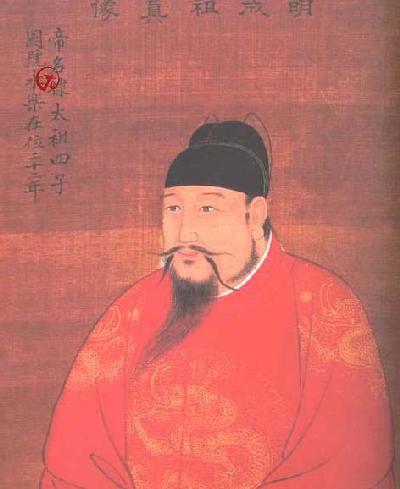| About China > History > Emperors > Famous Emperors |
|
|
Ming Chengzu
This act of course angered some of the kings, so King Zhu Di from the north, in 1399, started a civil war at Jing Nan in the name of "cleaning the central government". This civil war lasted 4 years and ended in 1402. The Jing Nan army led by Zhu Di captured the capital, Nanjing. But when the army arrived, the emperor was nowhere to be found, however, the lives of many of the emperor's ministers were not spared.
After removing all obstacles, Zhu Di proclaimed himself Ming Cheng Zu and changed the name of his reign to Yong Le. During his ruling period, national power was on an upscale and economy developed.
To defend the borders from constant attacks by the northern ethnic minorities, from 1410 to 1424, Zhu Di himself went on five punitive expeditions, defeating the invading Mongols. In the 19th reign (1421) of Yong Le, he moved the capital from Nanjing to Beijing, to further strengthen the northern borders.
Ming Chengzu paid great attention to agricultural development and irrigation constructions. He wanted to enlarge overseas influence, so he appointed Zheng He as the envoy to navigate the West Sea. At that time "The West Sea", known to the Chinese, was the water near the bank of Indian Ocean and South Pacific Ocean. He dispatched Zheng He to sail to "The West Sea" 7 times. Besides, he was also the one who ordered the compilation of the famous Encyclopedia of Yong Le.
Zhu Di died in 1424 at the age of 65. |
||||
 |
